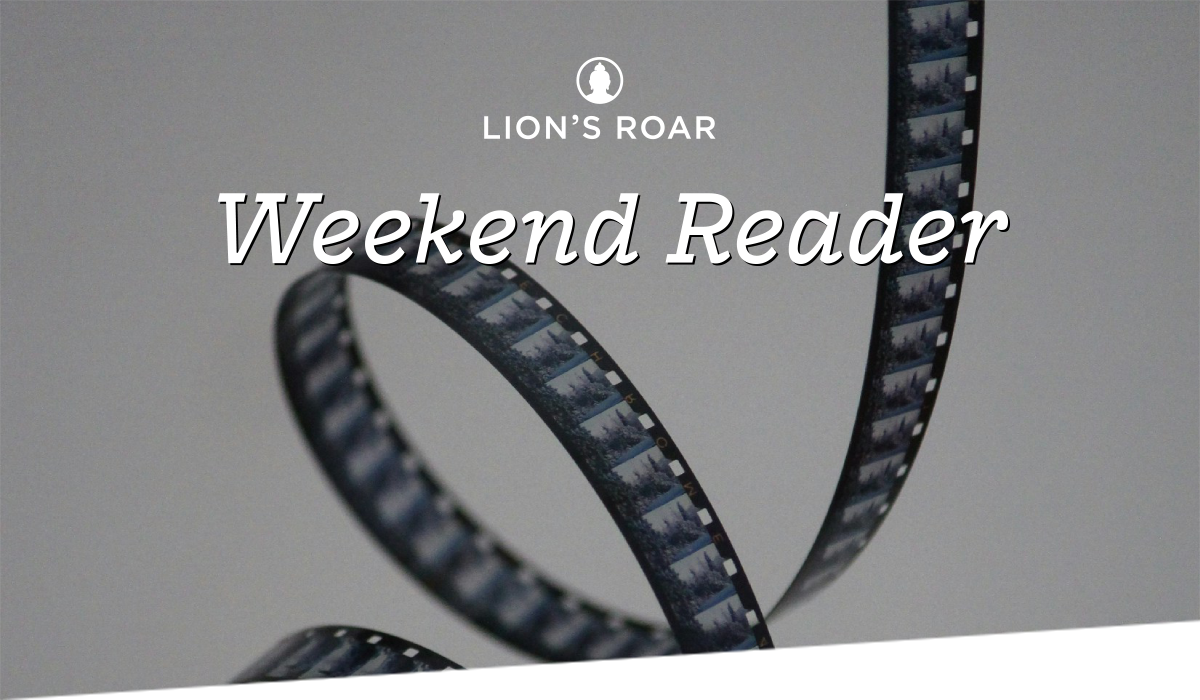The Dharma of Acting
In the July issue of Lion’s Roar’s digital publication
Bodhi Leaves: The Asian American Buddhist Monthly, I and two other Asian American actors reflect on the joys and pains of life in Hollywood. As I wrote in “
The Truth About Acting,”
the acting world affirms Buddhism’s first noble truth: there is
suffering. Of course, according to Buddhist teachings, suffering can
also cease.
I started acting in my teens, have a BFA in acting, and have been a
member of SAG-AFTRA since 1985. Like all of us, actors are sentient
beings prone to this suffering. In the acting world, job insecurity
thrives, and when you do land a job, you’re often faced with harsh
criticism. For every Meryl Streep, there are hundreds (probably more
like thousands) of actors hoping to pay rent.
I was on the nominating committee for the SAG awards one year, where I
had access to both the biggest movies of the year and the smallest of
independent films made on a shoestring budget. There were dozens of
names submitted for consideration. Watching the films, I was overwhelmed
by the talent and heart that the actors put into their performances, no
matter the budget or size of the film.
There are a number of famous actors who are Buddhists, as well as many
unknown Buddhist actors. Perhaps it’s the themes of impermanence,
suffering, and the end to suffering in both the acting profession and
the projects we partake in that actors find appealing. Or maybe it’s the
necessity of focusing on the present moment and the questions of “self”
that arise when an actor embodies their character.
Lion’s Roar has done a number of interviews with Buddhist actors talking
about how their practice influences their work. It was hard choosing
just three to highlight, but the three pieces below left an impression
on me.
When asked how Buddhism impacts her work, Orange is the New Black actor
Jessica Pimentel says, “It’s behind everything I do.”
Peter Coyote
shares how his Zen-influenced acting exercises shake his students from
their comfort zone. Finally, in a textured interview with
Richard Gere, he shares the moment His Holiness the Dalai Lama asked him about his acting process.
May their insights help you watch your next film in a new light.
—Noel Alumit, Associate Editor, Lion’s Roar
For more on Buddhism and film, Lion’s Roar is thrilled to invite you to participate in BuddhaFest 2024,
an online festival featuring 14 Buddhist films, nine talks, and musical
performances. This year, BuddhaFest is dedicated to celebrating women
in Buddhism.
Sign up here to start watching today through August 26.


No comments:
Post a Comment